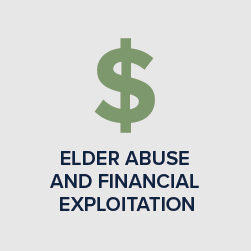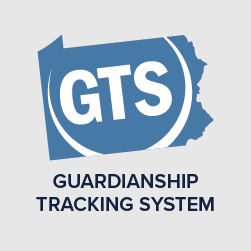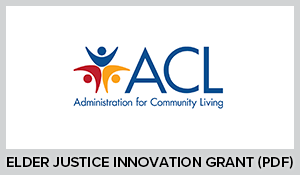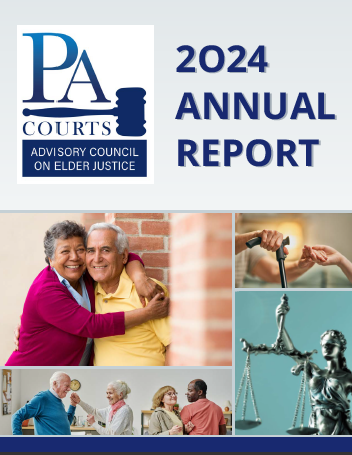Elder Justice in the Courts
Advisory Council on Elder Justice in the Courts
The Advisory Council on Elder Justice in the Courts' (Advisory Council) mission is to identify and address elder justice issues including abuse and neglect, guardianships, and access to justice affecting the commonwealth’s older adults. The Advisory Council exists to identify areas of need and challenges faced by older Pennsylvanians and to improve the ability of Pennsylvania courts to meet those needs. Member photo
The Advisory Council also focuses on education for judges, court staff, attorneys, guardians, and the public about a variety of elder justice topics.
Information about the Advisory Council’s accomplishments are highlighted in the first and second progress reports.
Watch the video below for more information on the role of the Advisory Council and its members.
Office of Elder Justice in the Courts
The Office of Elder Justice in the Courts (OEJC) was created by the Supreme Court of Pennsylvania to assist the Court in implementing recommendations contained in the 2014 Elder Law Task Force’s Reports and Recommendations. The OEJC identifies areas of need and challenges faced by older Pennsylvanians and improves the ability of Pennsylvania courts to meet those needs.
The OEJC staff work every day to protect Pennsylvania’s rapidly growing population of adults age 60 and over from all forms of abuse. In addition, the OEJC educates judges, court staff, attorneys, guardians, the public, and others about the warning signs of elder abuse and how to respond to suspected elder abuse. The OEJC also promotes best practices for addressing elder abuse and neglect, guardianship, and access to justice in Pennsylvania courts. The OEJC actively fosters collaboration with other elder justice entities and the two other branches of government to enhance older Pennsylvanians’ ability to fully participate in legal proceedings.
The Administrative Office of Pennsylvania Courts (AOPC) is the recipient of a three-year (approximately $3 million) Elder Justice Innovation Grant. Pennsylvania is one of three states to receive a portion of the funds awarded by the federal Administration on Community Living through a competitive process. For more information, click below:
2024 Annual Report
|
Focused on addressing critical issues confronting Pennsylvania’s elders, the Pennsylvania Supreme Court’s Advisory Council on Elder Justice in the Courts released its 2024 annual report – a timely review of progress and implementation of new efforts in addressing the needs of older Pennsylvanians. |
The Administrative Office of Pennsylvania Courts, including the Office of Elder Justice, cannot provide legal representation or advice to the public. The information provided on this website does not, and is not intended to, constitute legal advice. All information, content, and materials available on this site are for general informational purposes only.
This website contains links to third-party websites. The Administrative Office of Pennsylvania Courts does not own or manage these third-party websites. As such, the Administrative Office of Pennsylvania Courts does not recommend or endorse the contents of the third-party sites and makes no representation with respect to, nor does it guarantee the quality, accuracy, completeness, timeliness, or reliability of such third-party websites.
This website was supported by the Administration for Community Living (ACL), U.S. Department of Health and Human Services (HHS) as part of a financial assistance award totaling $1,827,313 with 75% funded by ACL/HHS and $631,644 and 25% funded by non-government source(s). The contents are those of the author(s) and do not necessarily represent the official views of, nor an endorsement, by ACL/HHS, or the U.S. Government.







